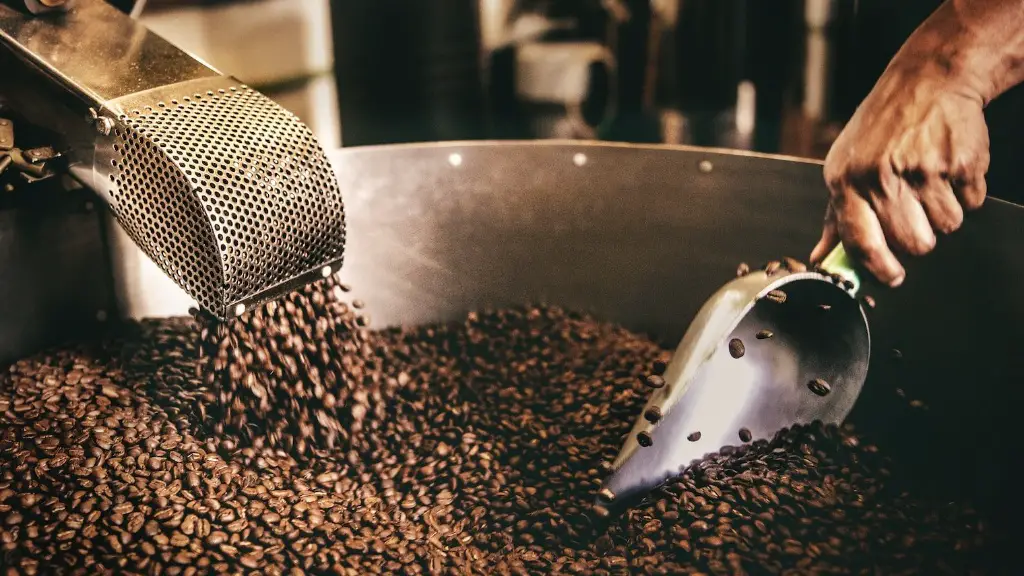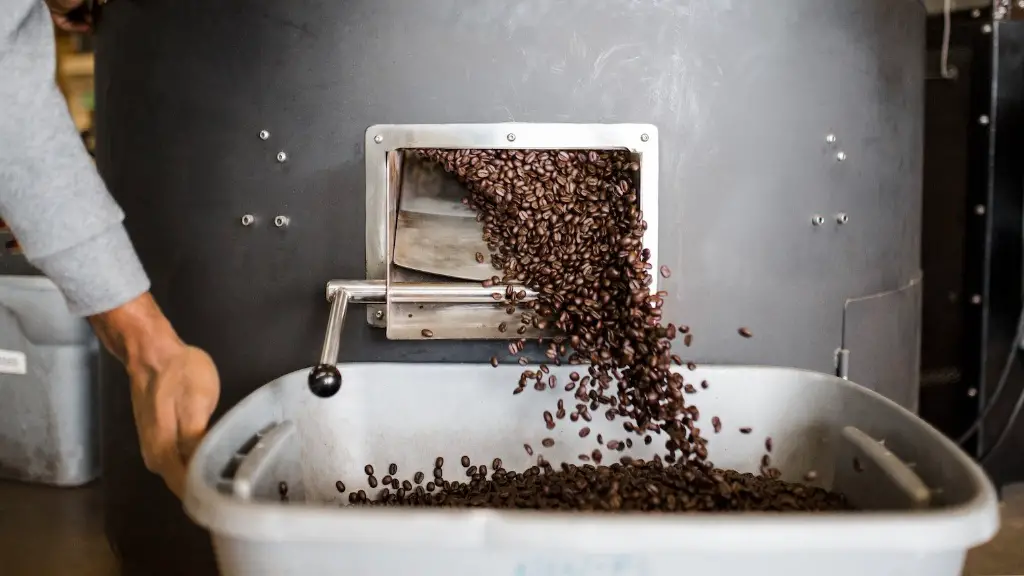Coffee is enjoyed by millions of people around the world, but why do so many of us feel that ‘funny feeling’ from drinking it? We take a closer look at the effects of drinking coffee, and delve into the science behind that “coffee feeling”.
We’ve all been there: after drinking a cup of coffee, we have that ‘funny feeling’. It’s an uncomfortable feeling, but one we have come to associate with drinking coffee. But why does this happen?
One of the primary reasons we feel funny after drinking coffee is the caffeine content – particularly, the speed at which the caffeine enters our system. Caffeine is a stimulant, which ramps up the activity of our brain and central nervous system. This causes an increased heart rate, anxiety and a feeling of alertness—all of which can contribute to that ‘funny feeling’ after drinking a cup of coffee.
It’s also worth recalling the psychological effects that coffee can have. For many of us, drinking coffee is a daily ritual or habit. This means that we develop an emotional connection to our morning coffee. Thus, when we drink it, we can experience a range of emotions – both positive and negative – which can lead to that ‘funny feeling’.
Researchers have also pointed to environmental factors that can impact the way we feel after drinking coffee. For example, small changes in the temperature of your coffee, as well as the timing of when you drink it, can have a small but significant impact on the effects that coffee has on us.
Finally, it’s worth noting that coffee can have varying effects on different individuals. Some people may find that the effects are more pronounced, and this could be due to individual differences in caffeine sensitivity. Thus, the way you feel after drinking coffee could depend on your own body type and physiology.
Psychological Effects of Coffee
As we have seen, coffee can have both physical and psychological effects. The psychological effects also need to be considered, as they can contribute to that ‘funny feeling’ after drinking coffee. It is particularly important to be aware of the effects of coffee on our brain. When we drink coffee, the caffeine stimulates the central nervous system, which can lead to feelings of alertness and energy. This can be beneficial in the short term, but also has the potential to cause anxiety and stress in the long run.
Therefore, it is important to be aware of how coffee affects our mental wellbeing. If we are experiencing an increase in anxiety or stress after drinking coffee, it is wise to cut down or even stop drinking the beverage altogether.
The Impact of Caffeine On our Body
The effects of coffee can be felt in the body, as well as in the mind. It is important to consider how caffeine impacts processes such as digestion, as this can have an overall effect on how we feel after drinking coffee. Caffeine is known to have a stimulating effect on the digestive system, and can lead to an increase in stomach acid production. This can lead to feelings of fullness, indigestion and even nausea. Therefore, it is important to consider the effects of coffee on our bodies when considering why we feel funny after drinking it.
The Benefits of Coffee
Despite all that we have discussed, it is also important to point out the many positive effects of coffee. Research has found that drinking moderate amounts of coffee can lead to improved mental performance, increased energy and alertness, and a decrease in fatigue. These are all beneficial, and thus if we drink coffee within our recommended daily limits, it is possible to reap the rewards without feeling any of the adverse effects.
How to Enjoy Coffee Without Feeling Funny
For those of us who want to enjoy the benefits of coffee without feeling any of the negative effects, there are a few steps we can take. Firstly, it is important to limit our caffeine intake to no more than 400 milligrams per day. Do not add any refined sugars or excessive amounts of milk, as this could increase the negative effects of the caffeine. Finally, make sure to drink coffee at the right time, and give yourself a few hours before going to sleep.
Following these simple steps, it is possible to enjoy the many benefits of coffee without feeling any of the negative effects.
Alternative Ways to Get Caffeine
Finally, we should consider the fact that caffeine can be obtained from sources other than coffee. While coffee is the most popular source of caffeine, there are alternatives that can provide the same benefits without any of the negative effects. For example, green tea contains a moderate amount of caffeine and also many beneficial antioxidants. Furthermore, energy drinks and caffeine tablets are also readily available and can provide a boost of energy and focus with zero negative effects.
Therefore, if we are looking to boost our energy levels and performance, there are many options available to us outside of coffee.


